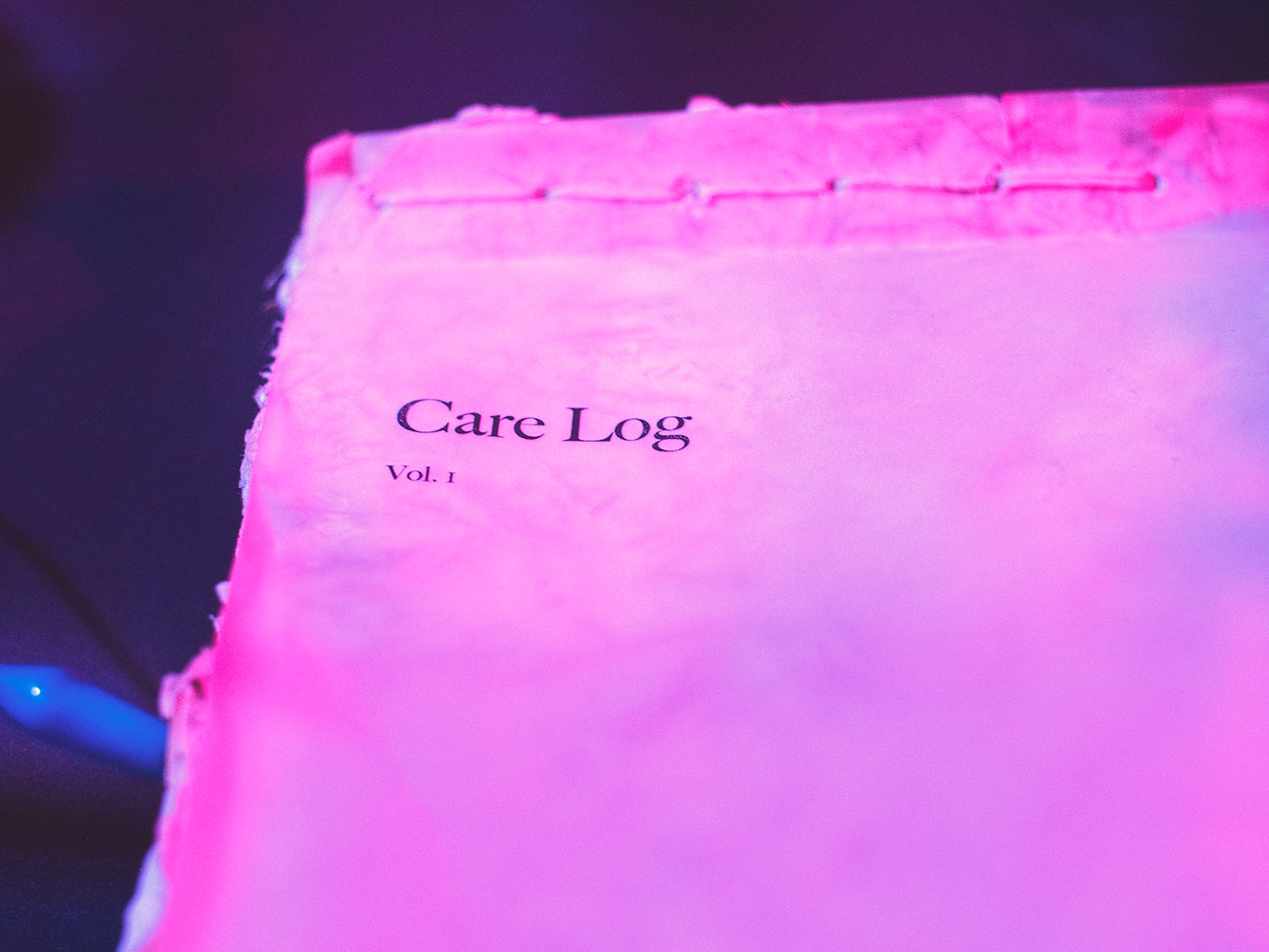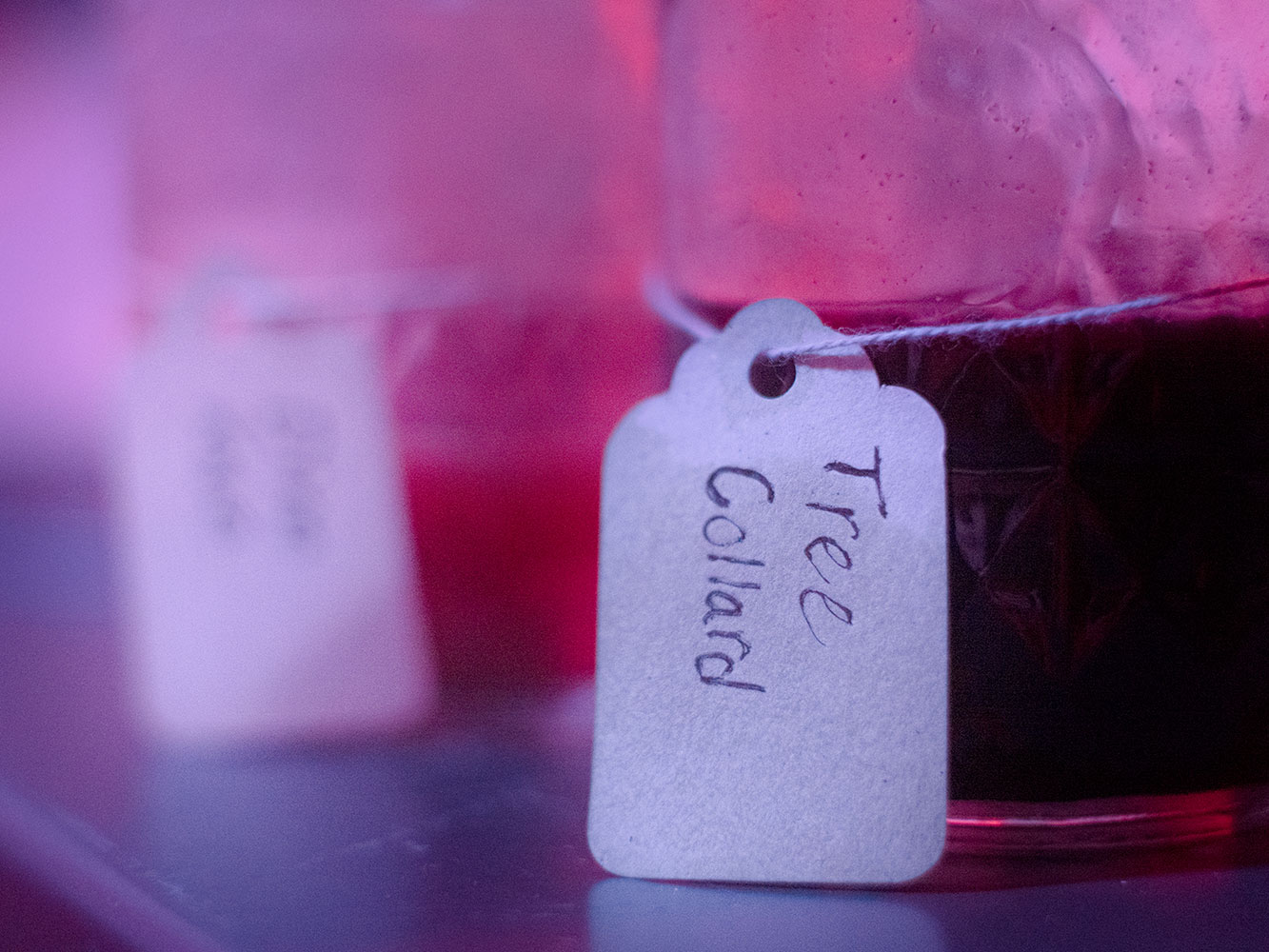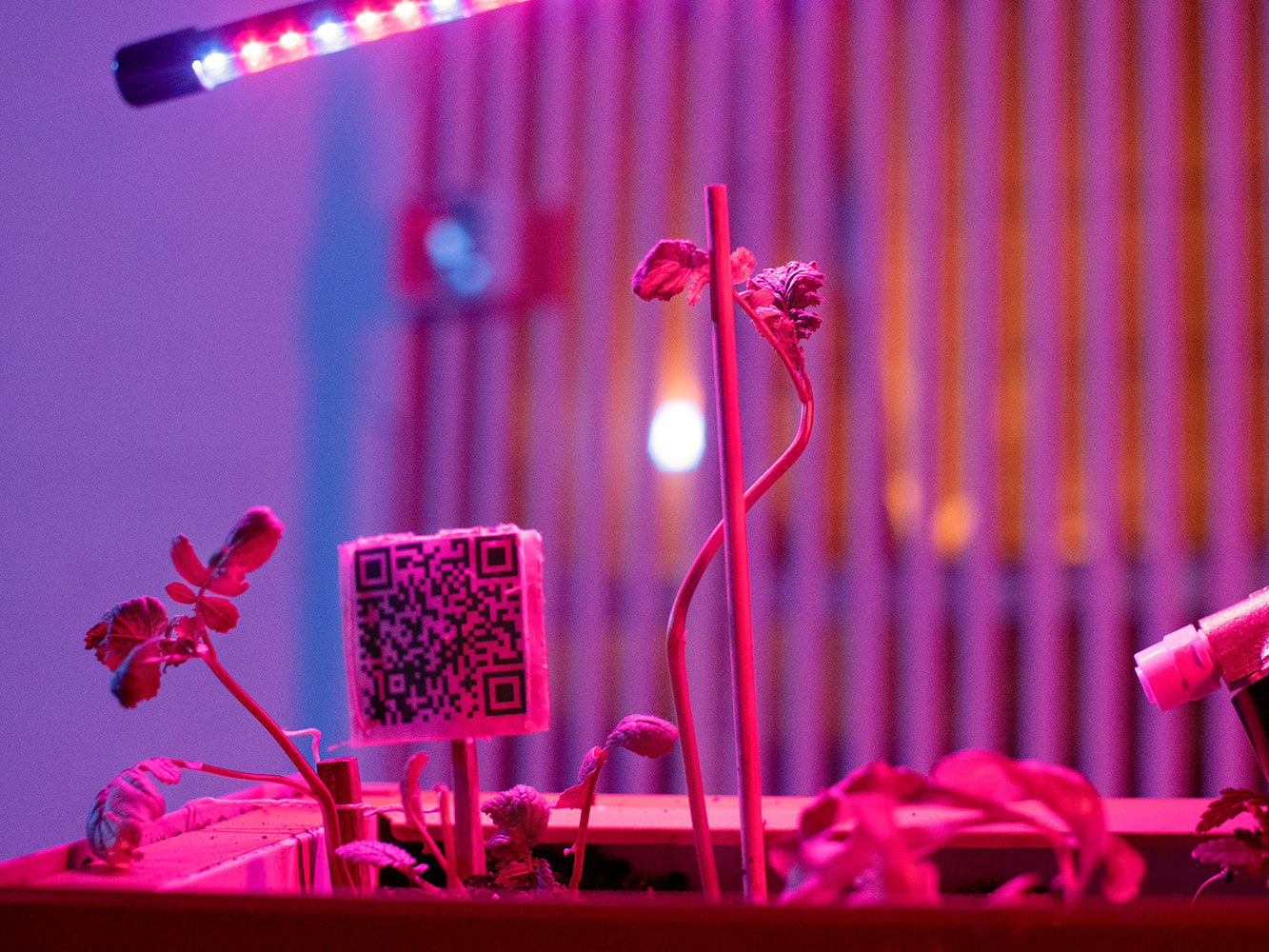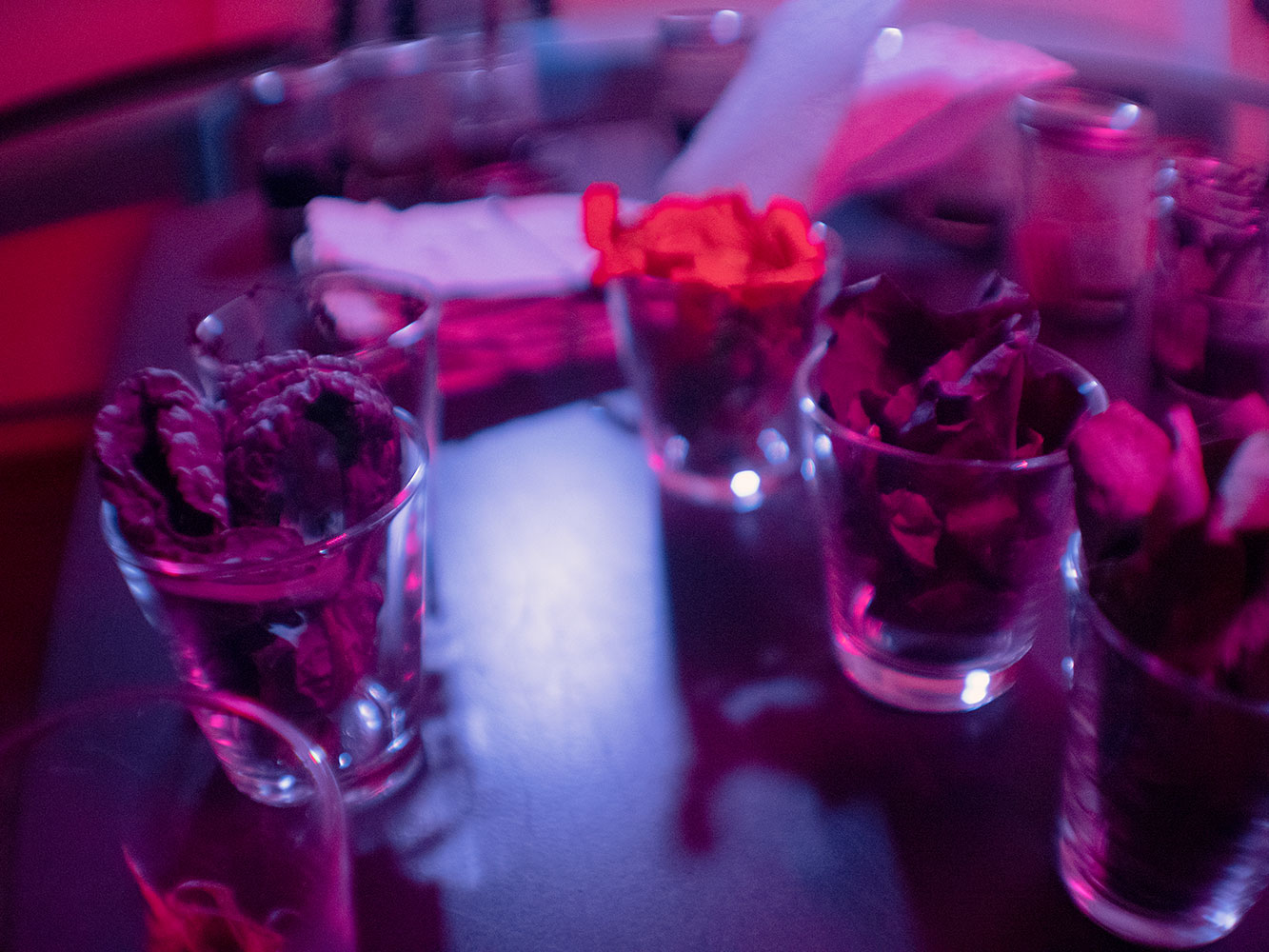Post-Industrial Ecology
Stephanie Andrews, Erik Contreras, Marlys Mandaville
Moving towards a greener future, while also being confronted with the dirty truths of our industrial past.
This project is a speculative piece that confronts the challenge of foraging and farming in an industrial/urban environment — from toxic chemicals in our soil to human-made trash being dumped rather than recycled.
The search for truth here is an investigation of the emerging generative capabilities of 1) phytoremediative plants, 2) natural ecologies, and 3) post-consumer materials. This project chooses to accept the intermingling of natural and human-made objects, and asks users if there can be a bright future where the two can cohabitate.
This project takes visitors on a post-industrial journey where they are asked to write their thoughts on post-industrial farming and foraging using a notebook and inkset created from foraged, plant-based materials.
To incorporate the unnatural, human-made elements of post-industrial life, the notebook is embedded with two sets of electrical contacts that are connected to an Arduino Uno. The Arduino is housed inside a microwave that has been converted into a planter for phytoremediative plants. When connected, one contact set turns on the grow light, and the other contact set briefly turns on the built-in irrigation system. Visitors can bridge these contacts using the inksets, which have conductive graphite powder embedded in the mixture.
As the visitor moves throughout the project, from writing in the notebook to interacting with the microwave planter, they are provided with QR codes that take them to our linktr.ee site. The site contains scientific papers related to the design object they are interacting with, and how it relates to the truths of post-industrial living, which include 1) challenges with growing plants in contaminated soil, and 2) how phytoremediative plants can extract “forever chemicals” from the soil.




